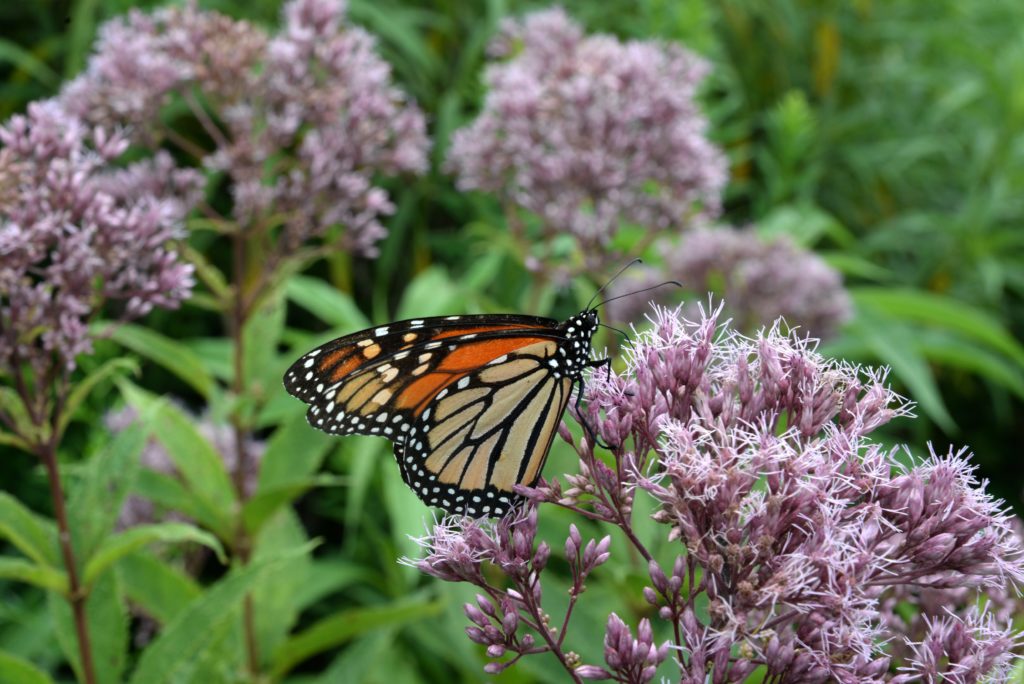Dec 15, 2022Midwest schools receive pollinator habitat grants
High school students in five Midwestern states will help imperiled insect pollinators and monarch butterflies.
Sand County Foundation is awarding pollinator habitat grants to agriculture and science programs at 21 high schools in Illinois, Iowa, Michigan, Minnesota and Wisconsin. Each school district or FFA chapter will receive prairie seeds and seedlings, a consultation and $1,000 to support project expenses.
“Students will germinate and grow native plants in late winter, and plant them outside in the spring as an experiential learning opportunity,” Haley Diem, Sand County Foundation school grant program coordinator, said in a news release.

“Insect pollinators are essential for crop pollination and ecological diversity,” Diem said in the release. “In recent years their numbers are low partly due to loss of native wildflower habitat, especially in the agricultural landscape. We encourage applicants to partner with landowners to establish pollinator habitat on agricultural and other working lands.”
In addition to the grant program, teachers can access a Pollinator Habitat Curriculum Guide developed through a partnership between Sand County Foundation and Earth Partnership at the University of Wisconsin. The guide’s 28 activities, aligned with state and national education standards, engage students in planning, establishing, managing and monitoring prairie habitat for insect pollinators and grassland birds. The guide is available for free download.
A map detailing selected schools is here.
Pollinator habitat grant program sponsors include Syngenta, Enel North America, Monarch Joint Venture, U.S. Forest Service International Programs, Wisconsin Public Service Foundation and We Energies Foundation.
Educators and landowners interested in becoming involved in the project are encouraged to contact Haley Diem at [email protected] for more information.
PHOTO : Sand County Foundation is awarding pollinator habitat grants to agriculture and science programs at 21 high schools in five Midwestern states to help endangered insect pollinators and monarch butterflies.















